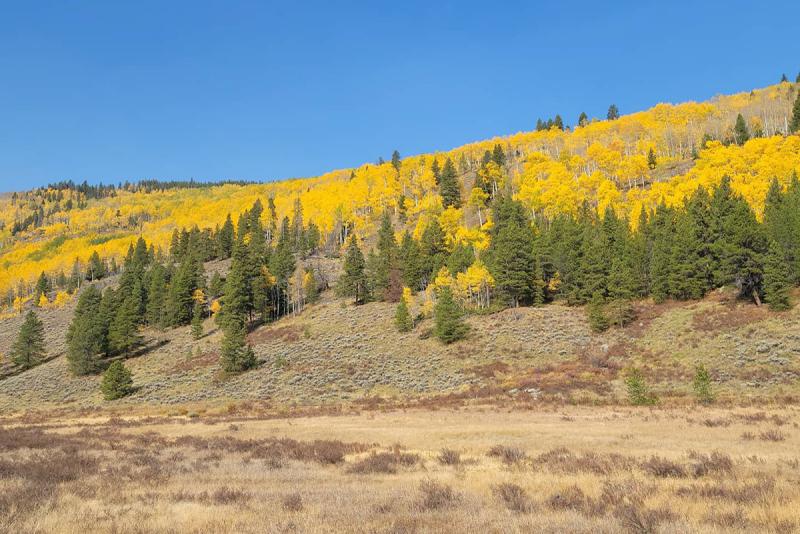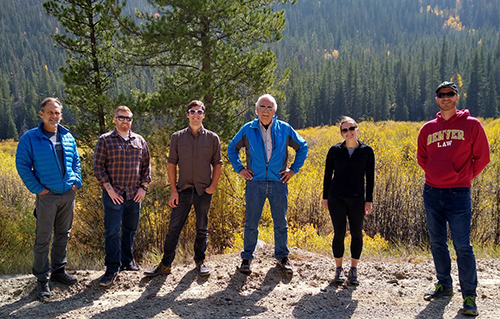Environmental Law Clinic 2020 Highlights

Environmental Law Clinic 2020 Highlights
Last spring, a team of Environmental Law Clinic (ELC) students worked to analyze a series of rule changes proposed by the Colorado Oil and Gas Conservation Commission following the state’s adoption of reform legislation. One of those students continued on as an extern over the summer, drafting and filing prehearing statements and witness testimony on behalf of community groups and citizens in Weld County who live directly in the shadows of many large oil and gas facilities.
The ELC continued its focus on protecting what little water remains in Colorado, challenging agency decisions to divert more water from the Colorado River to the Front Range, and commenting on a proposed Special Use Permit that would authorize the initial investigations for another potential dam in White River National Forest and Holy Cross Wilderness area.
Clinic students also focused on issues around animal welfare and protection. The students finalized a report recommending improvements to the ways that state and local governments incorporate sensitive species data into land use planning and other procedures, collected information about the regulation and enforcement of animal feeding operations, and submitted an administrative appeal letter to USDA, challenging USDA’s withholding of certain information pertaining to the City of Denver’s plans to cull Canada Geese from local parks.
ELC students also authored amicus briefs in two major federal cases dealing with climate change and air pollution: Juliana v. U.S. and American Lung Ass’n v. U.S. EPA.
In 2019-2020, Clinical Fellow Sarah Matsumoto continued to write and speak about environmental justice. She joined the “Food Justice and the Green New Deal” panel at the University of Detroit Mercy Law Review Symposium in March of 2020 to speak about industrial agricultural operations, and discussed the importance of cumulative impacts analyses at Howard Law Journal’s 17th Annual Wiley A. Branton Symposium in October, 2020. During the summer of 2020, Sarah advocated on behalf of community groups and individuals in Weld County during the Colorado Oil and Gas Conservation Commission’s “Mission Change” rulemaking, and continues to supervise clinic students working to ensure that the agency’s regulatory changes protect public health, safety, welfare, and the environment.



